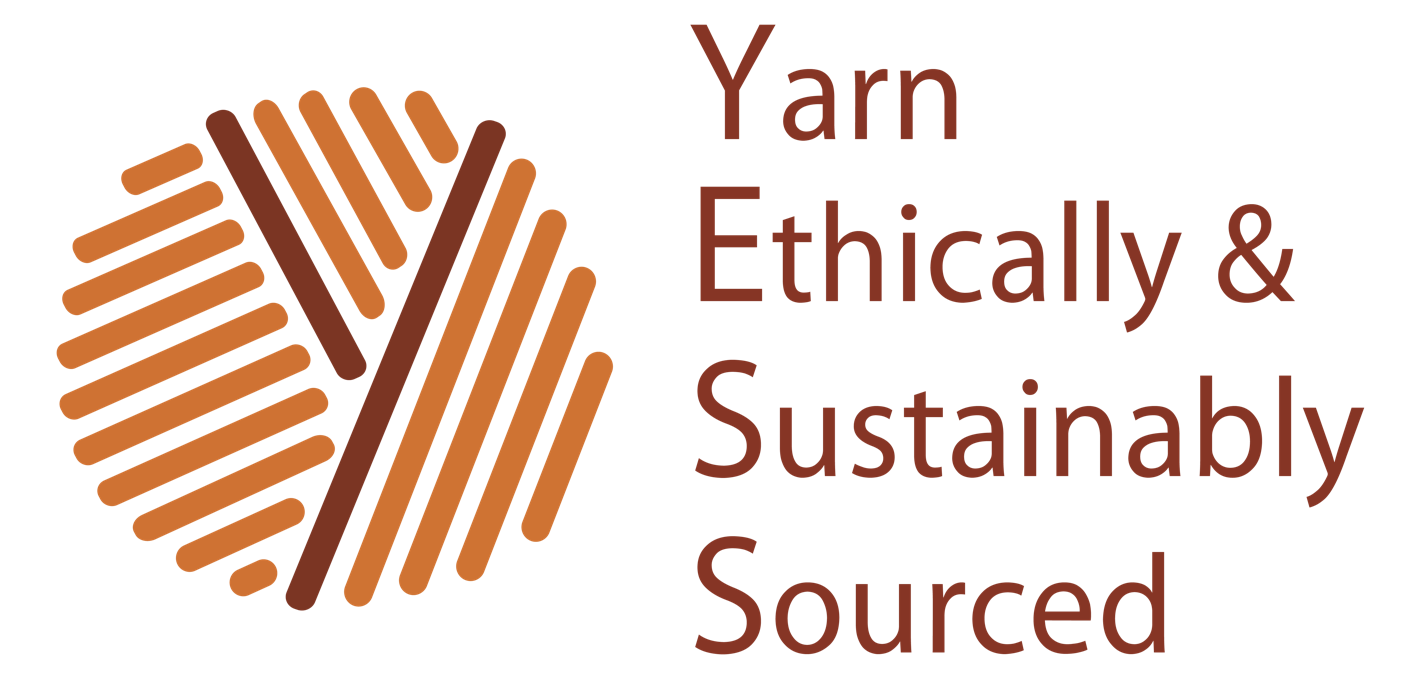Say YESS!!
I am so excited that today my organization, Responsible Sourcing Network (RSN), is announcing the launch of our newest initiative, YESS: Yarn Ethically & Sustainably Sourced! It is something I have been thinking about since writing a business plan for it back in 2014 and conducting a feasibility study last year. Parts of the approach have changed since then, based on feedback from stakeholders, but the main vision hasn’t changed. YESS aims to create an industry-wide system that will help identify and eliminate forced labor from the fashion industry…all the way down to the dirt! It is inexcusable that in the 21st century, we have people being forced to work and they cannot freely walk away from their abusive situations.
I believe the timing to launch our YESS initiative could not be better. There is momentum due to recent anti-slavery legislation, new software technologies are providing innovative supply chain transparency, the apparel industry is becoming more collaborative through the Sustainable Apparel Coalition (SAC) and Social-Labor Convergence, and we have a great model to follow with the Conflict-Free Sourcing Initiative (CFSI). We have known for years that the cotton supply chain is opaque and complex. Although a few companies committed to 100 % organic or Fairtrade know the origin and field conditions of their cotton, this is just a small percentage of the market as a whole. According to Textile Exchange, all of the “preferred” cottons together – which includes the two just mentioned plus Better Cotton Initiative, Cleaner Cotton, Cotton Made in Africa, and e3 – comprise less than 10 percent of cotton produced today. This begs the question, what are the labor conditions in the other 90 % of conventional cotton? At a minimum, we need to make sure it does not support modern slavery.
Unfortunately, cotton produced by forced labor is currently being documented in at least nine countries. Yarn mills located in Southern India use a form of bonded labor, which exploits over 100,000 adolescent girls. And over a million Uzbek nurses, teachers, and university students are forced to pick cotton each year or risk losing their jobs or getting expelled. The issue of modern slavery is rampant and beckons a solution. RSN’s game-changing initiative YESS: Yarn Ethically & Sustainably Sourced aspires to eradicate modern slavery in cotton harvesting and yarn production by verifying that yarn spinners are identifying and eliminating forced labor. YESS will engage, educate, and enable yarn spinners to implement the OECD risk-based due diligence system to address forced labor.
Because the yarn spinning mills are the ones that open up a bale of cotton and blend it together with other cotton from multiple locations, they are considered the “pinch point” for knowing where cotton originates and under what conditions it was harvested. Often brands do not know who these spinning mills are, as brands do not buy yarn, they buy finished garments.
Due to new reporting requirements, companies are more motivated than ever to demonstrate and report on how they ensure there is no forced labor embedded in their value chains. Though it won’t be easy, YESS can work with brands to implement and report on their commitments to achieve slave-free cotton, yarn, and textiles in an efficient, effective, and credible manner. By engaging and empowering yarn spinners in the most opaque section of the value chain, YESS willincrease transparency and accountability from field to fabric.
Collaborating to Eliminate Forced Labor
There are many key players engaged with the apparel industry who are doing their best to help the hundreds of thousands of human beings imprisoned by forced labor, including Anti-Slavery International, Clean Clothes Campaign, Cotton Campaign, Ethical Trading Initiative, Fair Labor Association, Fairtrade International, Solidaridad, and SOMO (just to name a few). YESS plans to coordinate its activities with sustainable cotton, ethical apparel, and other complementary programs to promote collaboration in implementing due diligence to identify and address forced labor. Through collaboration, brands engaged with YESS will be able to make informed purchasing decisions and encourage improved working conditions in fields and mills.
To learn more about this groundbreaking initiative that will take us one step closer to a slave-free future, check out the YESS 2-page Overview and Slide Presentation. RSN is happily accepting endorsements for a Statement of Support from brands, NGOs, and other stakeholders. For more information, contact info@sourcingnetwork.org.
By Patricia Jurewicz, Director, Responsible Sourcing Network with contributions from Natalie Coney, RSN Intern.

